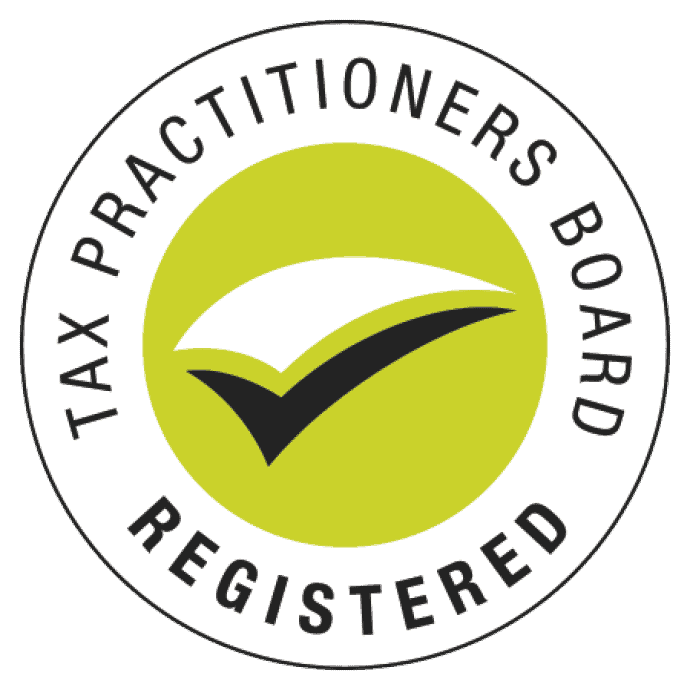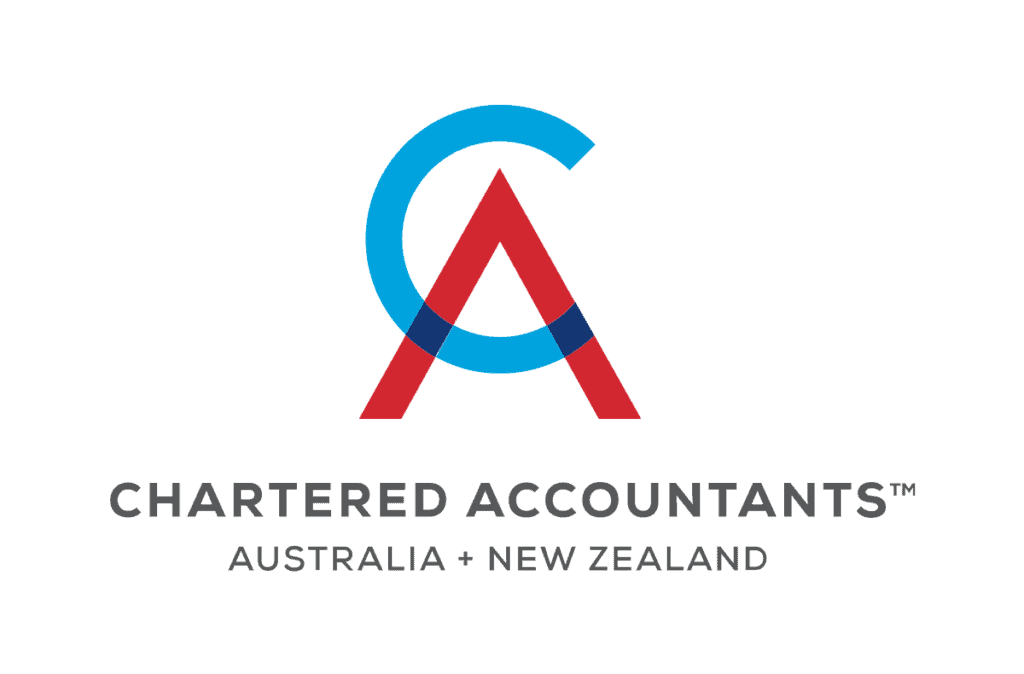The ATO has signalled that it is willing to pursue professional services firms who divert profits to avoid tax.
Two new cases before the Administrative Appeals Tribunal demonstrate how serious the Australian Taxation Office (ATO) is about making sure professional services firms – lawyers, accountants, architects, medical practices, engineers, architects etc., – are appropriately taxed.
In both cases, the ATO pursued the practices using Part IVA. Part IVA is an area of the income tax law that enables the Tax Commissioner to attack schemes or arrangements undertaken to obtain a tax benefit, enabling him to cancel any benefit derived by the scheme. That is, you could have a legally viable structure in place but if the only purpose of that structure is to reduce tax, then the Commissioner can use Part IVA to remove the tax benefit. And, if Part IVA applies, you may end up with an additional tax liability as well as an administrative penalty of either 25% or 50% of the tax shortfall amount.
Broadly, the cases involved a solicitor who controlled a number of practice trusts that derived profits through marketing and facilitating tax planning arrangements.
While the arrangement in each case was complex and involved a large number of steps, the practice trusts ensured their business profits weren’t subject to tax by essentially making trust distributions on paper through a series of trusts and ultimately to either a company that had existing tax losses, or a tax-exempt entity. However, the real funds relating to the trust distribution (less a commission paid for the use of these entities) were ultimately received by the solicitor or their associated entities in the form of a loan.
Professional practices have been in the ATO spotlight for many years now for the way they distribute profits. Back in 2021, the ATO finalised its guidance on the allocation of professional firm profits, putting in place a series of risk ratings and gateway tests. These two cases however demonstrate the ATO’s willingness to pursue the issue in the courts using the Commissioner’s powers in Part IVA.
For professional services firms, it’s important to be aware that there are several ways in which the ATO can potentially challenge arrangements involving the distribution of profits from a professional practice. For example:
- If a trading entity derives personal services income that mainly relates to the skills and efforts of a particular individual, the ATO has certain expectations around ensuring the profits are assessed to the individual performing the work.
- If a trading entity doesn’t derive personal services income but income from a business structure involving a professional practice, the ATO has set out its compliance approach to targeting arrangements that don’t result in a reasonable level of profit being taxed in the hands of the individual practitioners.
- If a trust makes paper distributions to loss entities to ‘soak up’ deductions or losses, there are integrity rules in section 100A, another area of tax law under intense scrutiny, that need to be considered.
Note: The material and contents provided in this publication are informative in nature only. It is not intended to be advice and you should not act specifically on the basis of this information alone. If expert assistance is required, professional advice should be obtained.


